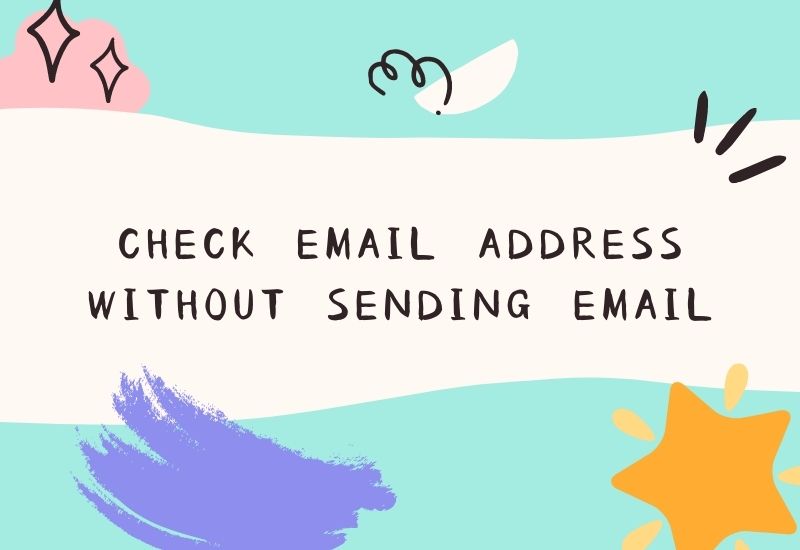The easiest way to check the validity of an e-mail address is to send a test e-mail. If the email is returned without any response, i.e. there will be no further attempts to deliver the message, then the recipient does not exist. Fortunately, it is not necessary to validate every email address on your mailing list in this way. In this blog post, we will show you how to check if an email address is valid without sending an email.
Why do you need to verify an email address?
Let’s say you launch your email campaign without verifying the email address. Existing recipients will receive their emails, and you will receive bounces from non-existent recipients, right? Not really.
The truth is that many hard bounces can damage your sender’s reputation. This bad reputation, in turn, leads to a drop in your delivery rate. If you are constantly sending emails to invalid addresses, your email campaigns will end up in the spam folder. In this blog post, How to Improve Email Deliverability, we share best practices for maintaining a good reputation as a sender.
When do you need to verify email addresses?
Email verification is not a recurring activity. It is recommended to verify your mailing list in the following situations.
- A new recipient joins
- It has been a long time since the last verification (more than a month)
- You have a bounce rate close to or over 2%.
- Your open rate is low
How to Validate Email Lists with Online Email Verifier
It takes more time to verify even a single email address through a checklist. However, you don’t have to do manual verification because there are many ready-made solutions available. Online email verification services provide an all-in-one tool to complete each step of the aforementioned checklist. But there are so many email address verifiers on the market – so, which one is worth using? We asked Google and found dozens of options. NeverBounce, MyEmailVerifier, and TheChecker are just a few of them. We analyzed user feedback from around the web and selected the top 10 based on the following key criteria.
- Domain check
- Single Email Verification
- Bulk email verification
- Syntax Checking
- Mail server validation
- Validation API
- GDPR compliance

